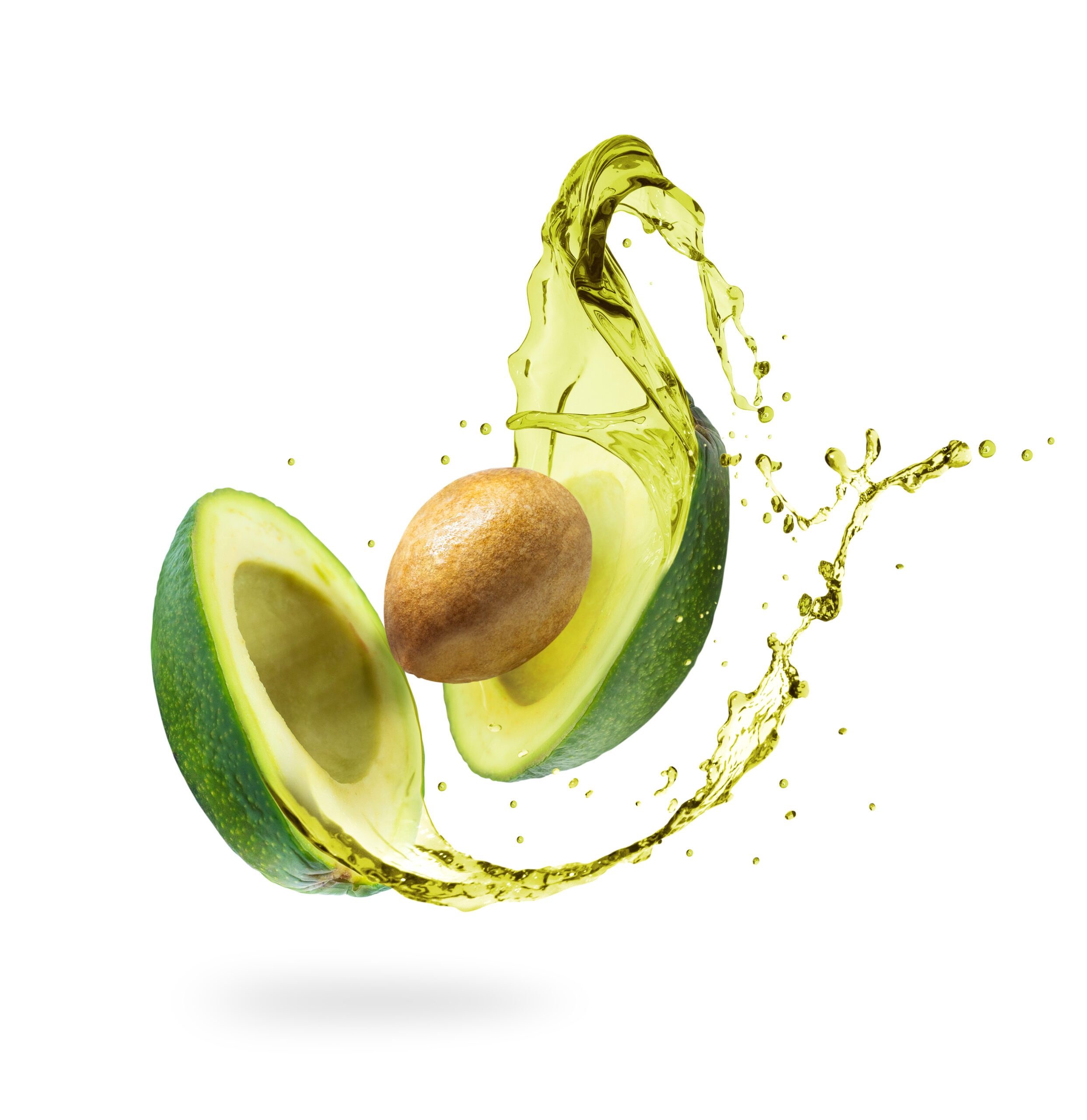The Hidden Dangers in Your Pantry: Seed Oils, Trans Fats, and Margarine (Must Avoid)
May 7, 2024
 581
581 
In our quest for a healthier life, we often read food labels, shop for organic produce, and opt for whole grains or sourdough than than processed or GMO options. However, hiding in our kitchens are seemingly harmless so- called healthy oils that can undermine our health and affect our diet and fitness goals. Marketers often label seed oils, trans fats, and margarine as Heart-Healthy, Cholesterol-Free, Natural or Pure, Non-GMO, and Organic. Despite their advertising, these staples can often lead lead to many health conditions like chronic inflammation to heart disease, brain fog, achy joints, sleepless nights and obesity.
These common staples in every grocery store have label copy like Heart-Healthy, Cholesterol-Free, Natural or Pure, Non-GMO, Organic. Marketers often promote them as healthier alternatives, yet they can contribute to health conditions like chronic inflammation, heart disease, brain fog, achy joints, sleepless nights, and obesity.
Understanding the hidden dangers of these ingredients is crucial for making informed dietary choices that support long-term well-being.
In this blog, you will uncover the truth about seed oils, trans fats, and margarine plus find out about healthier options
Big food companies like to hide trans fats from you because they have earned such a bad rap in recent years. That is why trans fats can appear under various names on food labels. Here are some other names and terms that indicate the presence of trans fats:
These fats can lead to inflammation plus an increased risk of heart disease, stroke, and other chronic conditions.
Why? They increase “bad” LDL cholesterol levels and lower “good” HDL cholesterol levels.
Seed oils are potentially harmful to your health due to their high content of omega-6 fatty acids. This can lead to inflammation that is extremely harmful to your health. Here are some common seed oils that may be detrimental to health and the reasons why:
Food processors often use hydrogenated oils because they extend shelf life and enhance the texture of foods.
When manufacturers introduced margarine, they marketed it as a healthy alternative to butter. Unfortunately, margarine may be a worse substitute for butter. In addition to trans fats, margarine also contains:
Some oils can be very healthy, but you need to do your homework. Check the sources and read the labels to ensure you are choosing options that align with natural care and healthy practices.
Insiders Health Tip: Choose alternatives like real butter ( preferably grass fed) or other spreads or oils like Ghee, Tallow, Avocado Oil, and Olive Oil. They are lower in processed fats and free from trans fats.
If you still would like to use some of the traditional oils, choose any of the following:
For more details on maintaining healthy lifestyle, keep reading our healthy lifestyle blogs.
References:
(1)https://www.zeroacre.com/blog/are-seed-oils-toxic
(2)https://chriskresser.com/how-industrial-seed-oils-are-making-us-sick/
(3)https://health.clevelandclinic.org/seed-oils-are-they-actually-toxic
(4)https://www.hsph.harvard.edu/news/hsph-in-the-news/scientists-debunk-seed-oil-health-risks/
(5)https://www.mindbodygreen.com/articles/are-seed-oils-bad-for-you

A new study suggests that a widely used sugar substitute found in diet sodas, chewing gum, and low-sugar yogurt may elevate insulin levels. This could increase the long-term risk of heart disease. “Artificial sweeteners have infiltrated nearly all types of food, making it crucial to understand their long-term health effects,” said Yihai Cao, senior author […]

Diet Coke has long been a fan-favorite among soda lovers who want a fizzy, guilt-free alternative to traditional soft drinks. While its zero-calorie, zero-sugar label makes it seem like a healthier option, the reality is far more concerning. Despite its undeniable popularity, Diet Coke’s nutritional profile has raised red flags among health experts for years. […]

New study shows that embracing an anti-inflammatory, plant-forward diet can support cognitive function and help reduce the risk of dementia. What You Eat Shapes Your Brain The food you eat doesn’t just impact your body—it also affects your brain. Research suggests that eating an anti-inflammatory, plant-based diet can help improve memory, focus, and overall brain […]